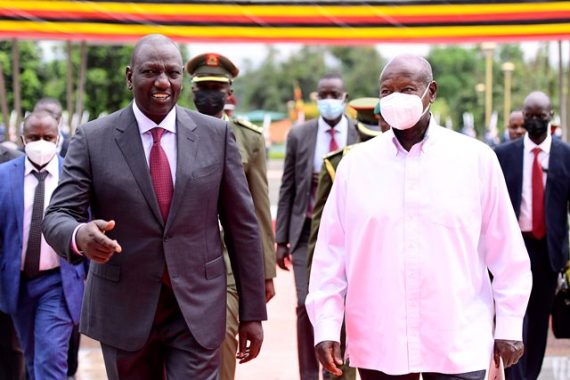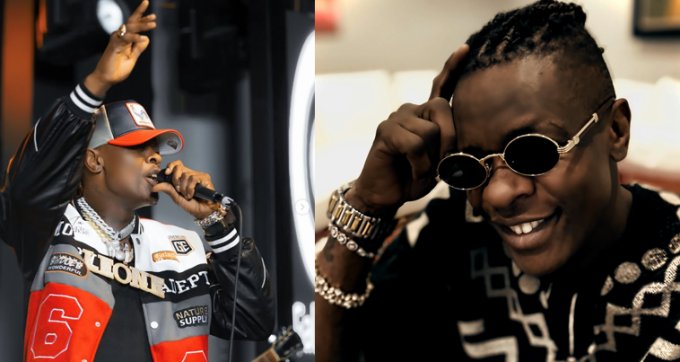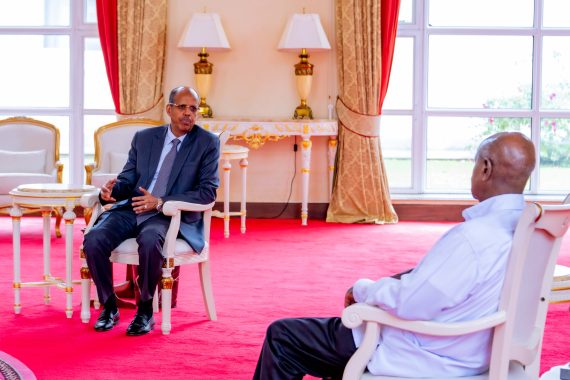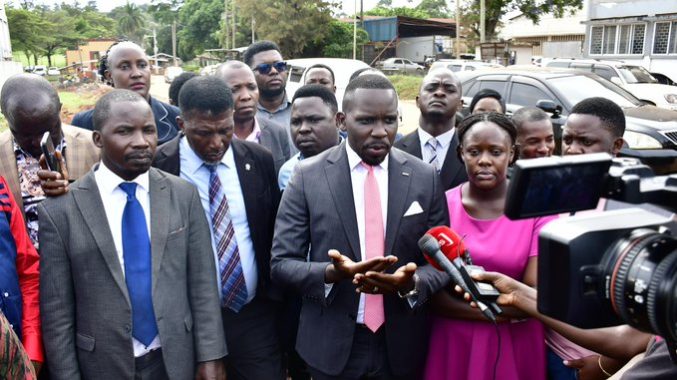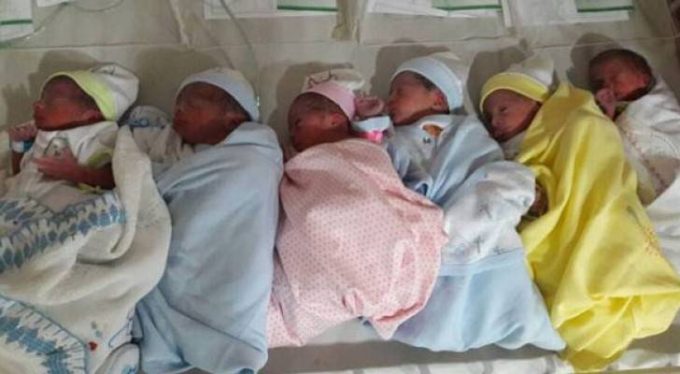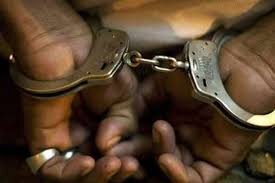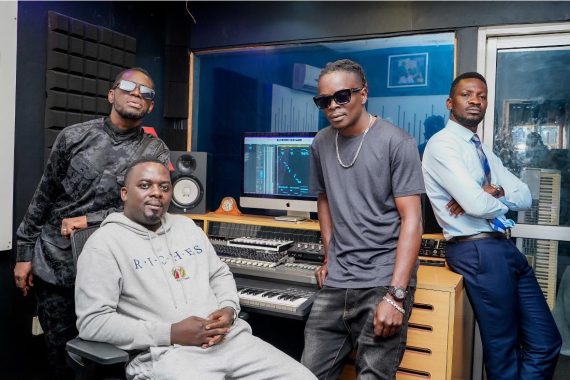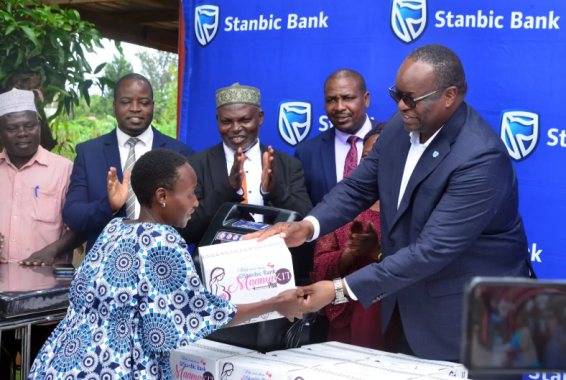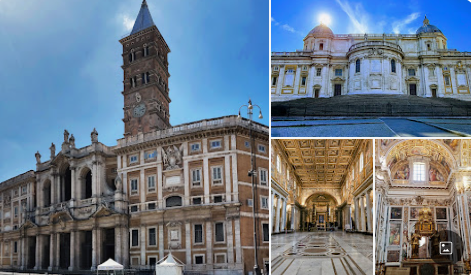Independence Day in Uganda
At least five Heads of State have arrived in Uganda ahead of the country’s 60th Independence Day Celebrations.
Uganda will celebrate its 60th Independence Day tomorrow 9th October, 2022 at Kololo Independence Grounds.
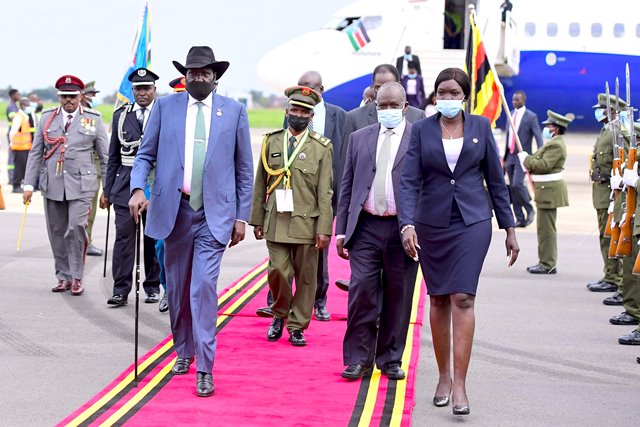
South Sudan President Salva Kiir touches down at Entebbe Airport ahead of Uganda 60th Independence celebrations (PPU Photo)
The Chief celebrant will be President Yoweri Kaguta Museveni.
The Heads of State who are already in Uganda include; Burundi President Evariste Ndayishimye, Kenyan President William Ruto, Somali President Hassan Sheikh Mohamud, South Sudan President Salva Kiir and Zanzibar President Dr. Hussein Ali Mwinyi.
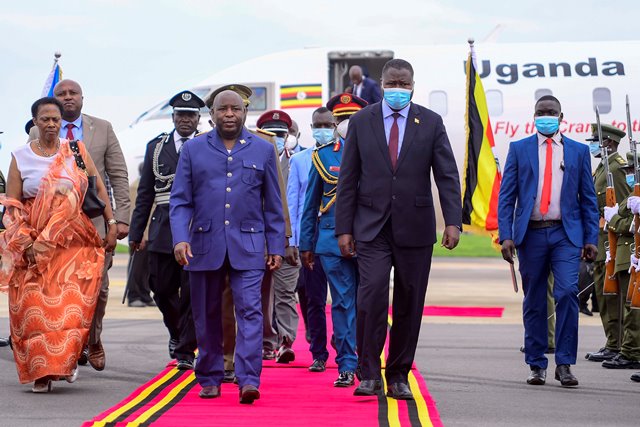
Burundi President Evariste Ndayishimye jets into Entebbe Airport for Uganda’s 60th Independence celebrations (PPU Photo)
On the other hand, President Museveni hosted the five Presidents and other foreign visitors for a State dinner at Munyonyo Commonwealth Resort.

Somali President Hassan Sheikh Mohamud arrives at Entebbe Airport ahead of Uganda’ 60th Independence celebrations (PPU Photo)
History of Uganda’s Independence Day
Uganda used to be a British Protectorate consisting of a few kingdoms and villages in central Africa’s lake areas. Soon after the country’s discovery by explorer Henry Stanley in 1875, missionaries and business people flocked to its coasts.
In 1888, the British government gave the Imperial British East Africa Company authority over the nation. Uganda was contested by other European nations until 1890 when a treaty between Germany and the United Kingdom gave the country to the British.
Oddly, Uganda was never entirely colonized even though the British Colonial Office was in charge.
Rural farm demonstrations and urban strikes pushed African engagement in governance after World War II. In 1945, the British government allowed the first Africans to sit in the legislative council after empowering several of the country’s local governments.
By 1955, Africans made up about half of the legislative council. In 1961, a general election was held, and the country became a sovereign state a year later.
Political squabbles among Uganda’s previous leaders are another well-known facet of the country’s history. General Idi Amin, who ruled the country for eight years, is considered the worst leader in its democratic history.
A new constitution was enacted in 1995, and in July 2005, a national referendum was held, and Ugandans decided to return to multiparty politics after 30 years of political instability. The formal Ugandan Independence Day national parade is typically held in the Kololo Ceremonial Grounds, with the President leading the ceremony.
Uganda’s Independence Day celebrations are pretty impressive, with everything from native cuisine and drinks to diverse traditional clothing.
https://www.youtube.com/watch?v=6Zb5n0RqEYY

Award winning journalist and writer who has worked as a stringer for a couple of acclaimed South Africa based German journalists, covered 3 Ugandan elections, 2008 Kenya election crisis, with interests in business and sports reporting.




